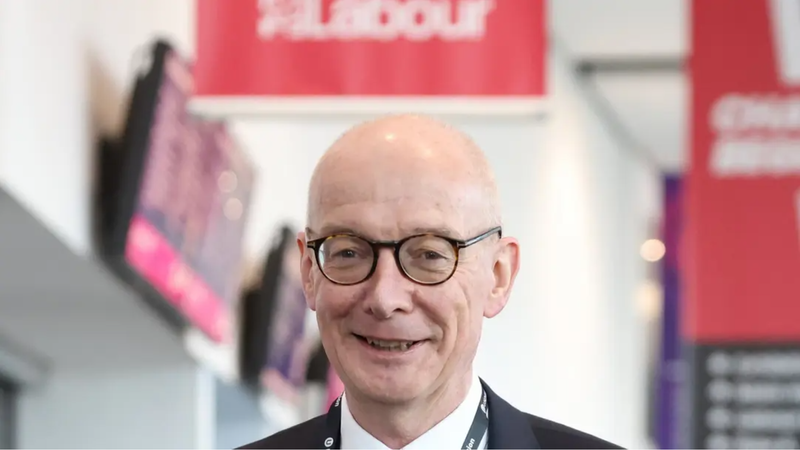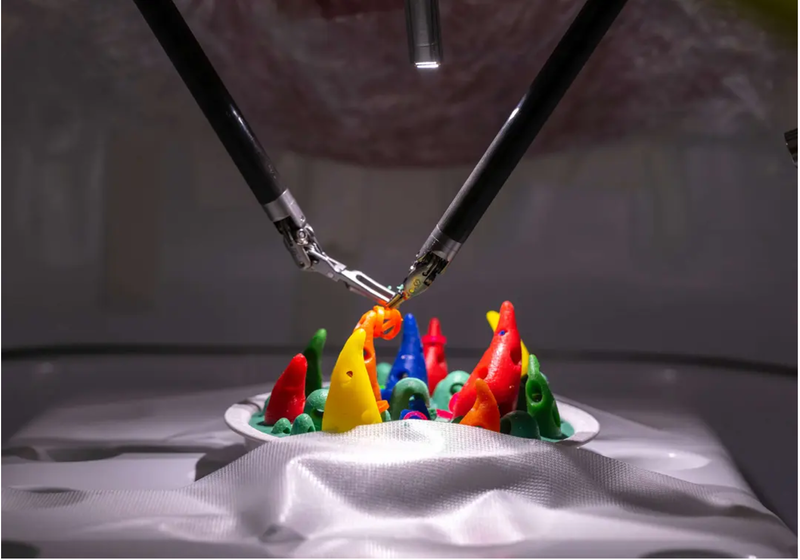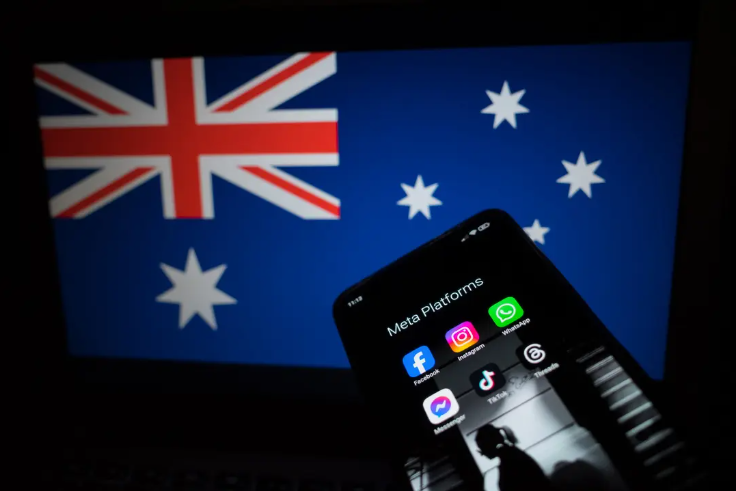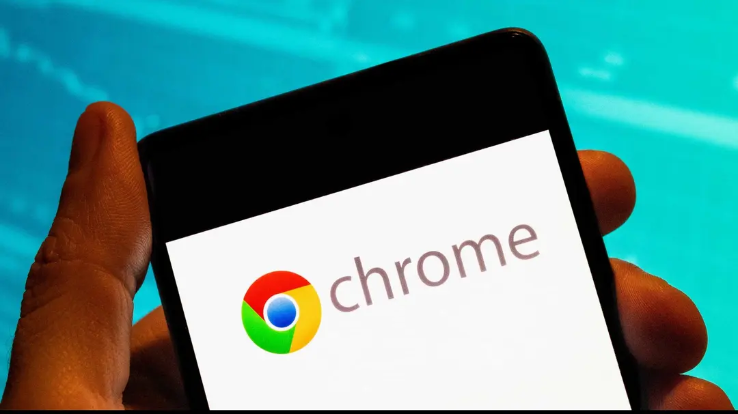Twitter Buyout: Judge Throws Out Shareholder Lawsuit Against Musk
US District Judge Charles Breyer in San Francisco, Calif. ruled Monday to dismiss a class-action lawsuit against Twitter owner Elon Musk. The lawsuit claimed Musk cheated shareholders several times last year in the course of buying the social media company for $44B.
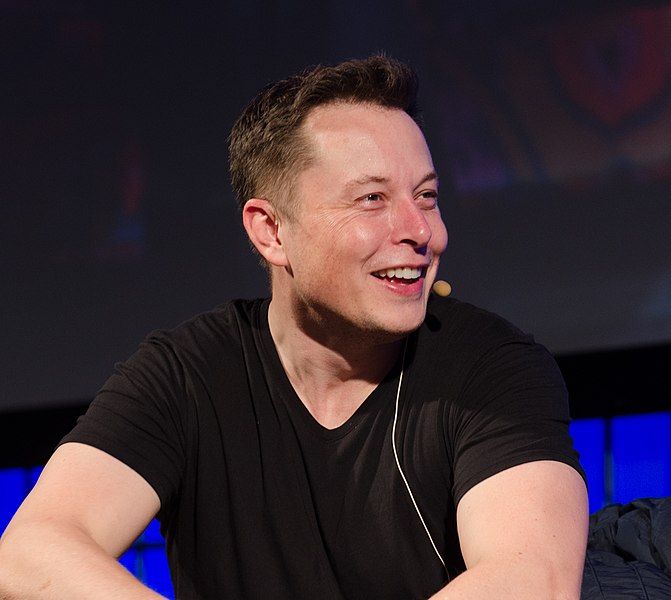
Facts
- US District Judge Charles Breyer in San Francisco, Calif. ruled Monday to dismiss a class-action lawsuit against Twitter owner Elon Musk. The lawsuit claimed Musk cheated shareholders several times last year in the course of buying the social media company for $44B.1
- Breyer said the plaintiff, William Heresniak — who filed the suit one month before Twitter accepted the buyout on Oct. 27, 2022 — lacked standing to sue because he challenged "wrongs associated with" Musk’s buyout rather than the fairness of the buyout itself.2
- Breyer also ruled that Heresniak failed to prove that he was harmed by Musk's belated disclosure of a 9.2% stake in Twitter, which he said allowed the billionaire to buy more shares at lower prices before the buyout was announced.3
- Another rejected claim was that Musk helped two then-Twitter board members — co-founder Jack Dorsey and private equity firm Silver Lake managing partner Egon Durban — breach their financial obligations by favoring their own and Musk's interests.1
- This comes as Musk, who bought the company for $54.20 per share, has had to manage declining ad revenue on the platform. He also named former NBCUniversal advertising chief Linda Yaccarino as Twitter's new CEO on May 12.4
Sources: 1CNA, 2ThePrint, 3Reuters, and 4The Economic Times.
Narratives
- Narrative A, as provided by Business Insider. Musk's lawyers justifiably characterized this lawsuit as a "disjointed laundry list of — often irrelevant — grievances," and Judge Breyer agrees. While Musk may have enriched himself as a result of the buyout, even though the company has since lost half its value, Heresniak didn't lose any money from it. There was no proof the plaintiff actually lost any cash over this.
- Narrative B, as provided by The Conversation. Though company acquisitions are typically mutually beneficial agreements for both buyers and sellers, Musk's decision to publicly bid on the company — and then abruptly pull out of the deal — was not a typical acquisition. Musk did eventually pay the $44B offer that he went to court over, but that doesn't take away the dip in share prices that occurred between the day he first announced his bid and the day the deal went through.



